Mashed Up
 As might be expected from the guy who wrote Sword Noir: a Role-Playing Game of Hardboiled Sword & Sorcery and is now Kickstarting Nefertiti Overdrive: Ancient Egyptian Wuxia, I love a good mash-up. I use the term mash-up to refer to a creative work that blends two or more apparently dissimilar genres. The mash-up most genre fans would know would be Firefly, mashing-up space opera and westerns.
As might be expected from the guy who wrote Sword Noir: a Role-Playing Game of Hardboiled Sword & Sorcery and is now Kickstarting Nefertiti Overdrive: Ancient Egyptian Wuxia, I love a good mash-up. I use the term mash-up to refer to a creative work that blends two or more apparently dissimilar genres. The mash-up most genre fans would know would be Firefly, mashing-up space opera and westerns.
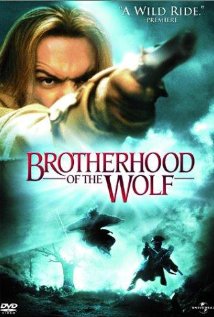 Now space opera and western are not terribly dissimilar, but Firefly included many of the trappings as well as the tropes of the western. The characters carried six-shooters and lever action rifles, they had costumes that appeared quite close of 19th century American frontier clothing, and pseudo-frontier language dotted their speech – along with Mandarin. While I often hear Firefly referred to as sci-fi with some western aspects, I think it is more fitting to call it a western in space.
Now space opera and western are not terribly dissimilar, but Firefly included many of the trappings as well as the tropes of the western. The characters carried six-shooters and lever action rifles, they had costumes that appeared quite close of 19th century American frontier clothing, and pseudo-frontier language dotted their speech – along with Mandarin. While I often hear Firefly referred to as sci-fi with some western aspects, I think it is more fitting to call it a western in space.
That’s kind of splitting hairs.
Firefly melded two genres, but there is a wonderful French movie that mixes at least four – period drama, martial arts, horror, and romance. The Brotherhood of the Wolf is one of my favourite movies and an inexhaustible source of inspiration. It might not be the finest movie of its age, but it was my favorite movie of 2002.
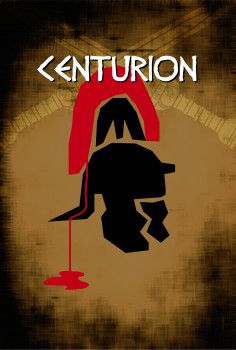 And so, my first Kickstarter adventure comes to a close.
And so, my first Kickstarter adventure comes to a close. Not all Kickstarters will fund.
Not all Kickstarters will fund. 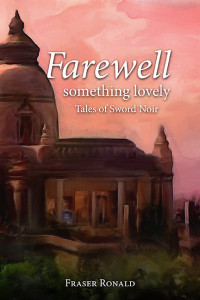
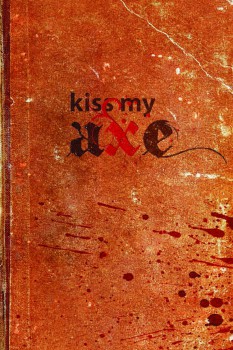
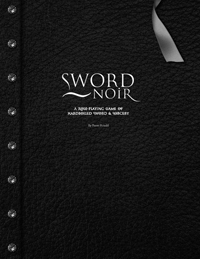 Back in 2004, a friend and I decided to
Back in 2004, a friend and I decided to 
 Sword’s Edge Publishing
Sword’s Edge Publishing